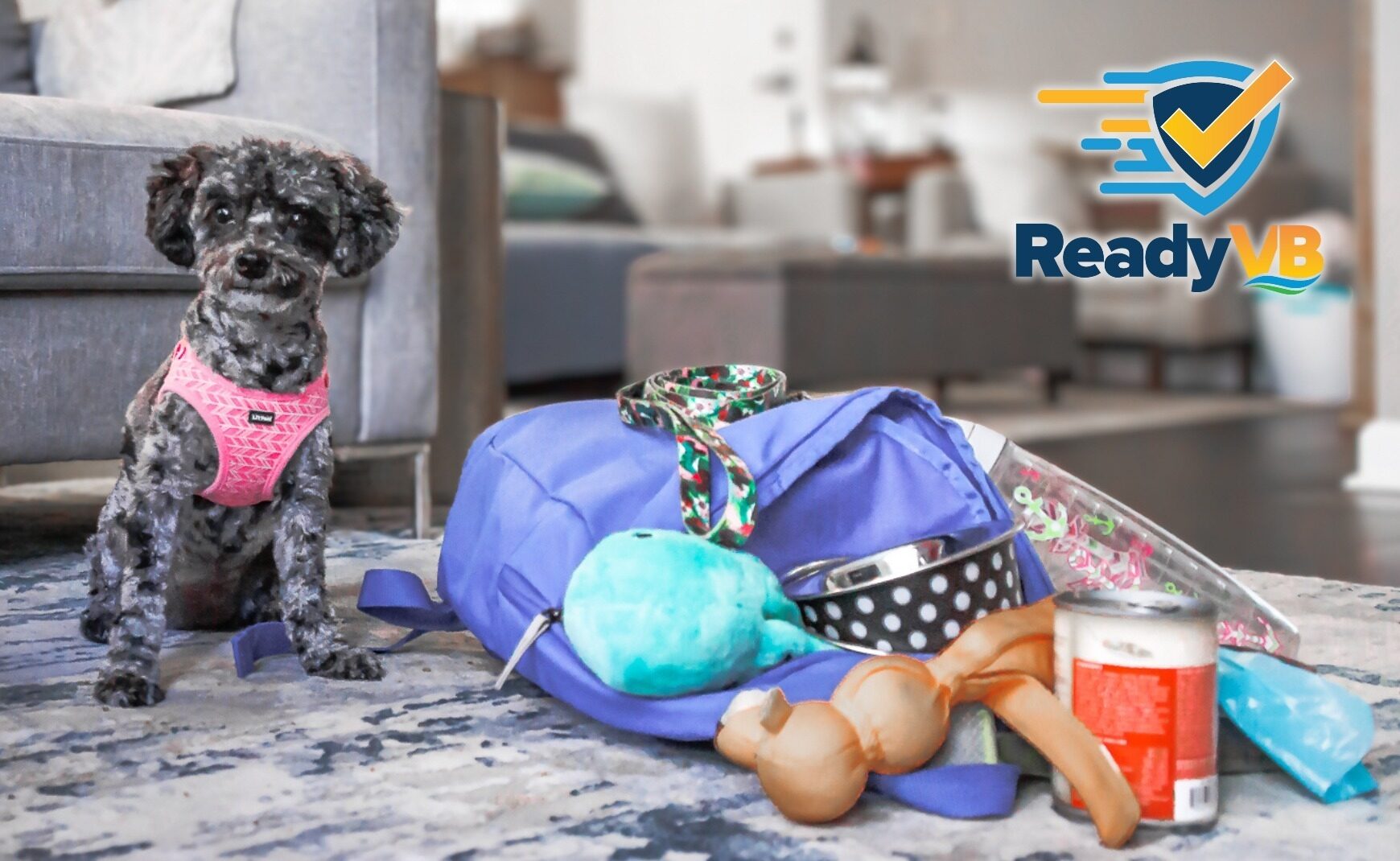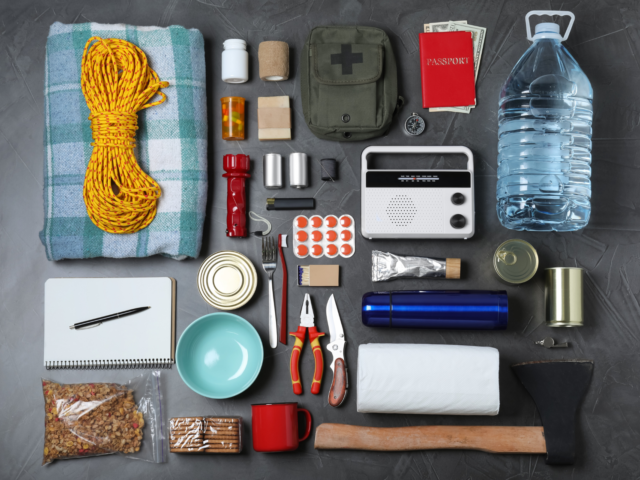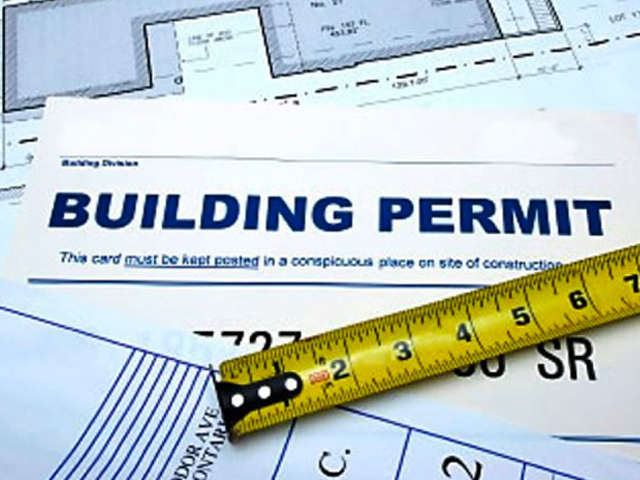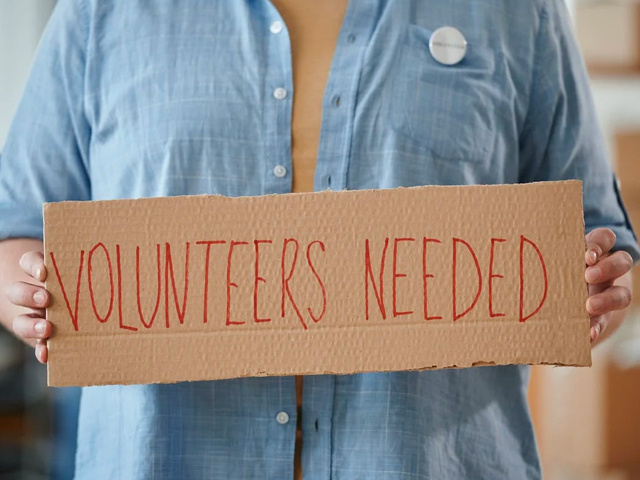Be In The Know
ReadyVB: Make Sure Your Pets Are Prepared For Emergencies
All family members should be included in your plans for storms and hurricanes.

If an emergency evacuation were ordered in Virginia Beach, would your pets be ready? Virginia Beach is subject to the Atlantic Hurricane Season, which is June 1 to Nov. 30 each year, so it’s important that you and your family are prepared, including your pets. Here are some simple steps you can take in June during National Pet Preparedness Month to ensure your animal friends are prepared for upcoming storms or hurricanes.
Make a Plan
If you must evacuate before a hurricane, that means your pet should evacuate, too. Never leave them behind as they could end up lost, injured or worse. Ensure your evacuation plan includes knowing where you will be able to take your pets, as well as practicing evacuating with your pet and making sure they are comfortable with the carrier you will be using.
If you have friends and family that can shelter your pets before a storm or hurricane, take advantage and include a buddy system in your plan. Emergency shelters may also be activated in Virginia Beach in the event of an emergency. Animal Services personnel are prepared to set up pet sheltering at an emergency shelter in Virginia Beach to keep families with their companion animal during an emergency. The emergency shelter location receiving pets will be released to the public once established.
If in doubt, reach out to Emergency Management or Animal Services to get advice and information on how to care for your pet in case of an emergency.
Build an Emergency Kit for Your Pet
While assembling your emergency kit with essential supplies to sustain you and your family, think about the basics for survival when it comes to your furry friend.
- Food & Water: Have several days’ supply of food in an airtight waterproof container and water along with your pet’s water bowl.
- Medicine: Keep an ample supply of the medications your pet takes in a waterproof container.
- First Aid Kit: Ask your veterinarian what is appropriate to include for your pet’s emergency medical needs.
- Backup ID Tag and Leash: Have an additional ID tag, collar and backup leash. Ensure you have copies of your pet’s registration information and other important documents.
- Traveling Bag, Crate or Pet Carrier: Have one for each pet.
- Grooming Items: Shampoo, conditioner, other items needed in case your pet needs some hygiene maintenance.
- Sanitation Needs: Litter box, pup pads, paper towels, dog waste bags.
- Recent picture of you and your pet: In case you become separated from your pet during an emergency, a picture with your pet will help document ownership and assist others in helping to identify your pet.
- Favorite Items: Make sure you pack your pet’s favorite toys, treats or bedding. It can help reduce stress for your pet.
Your Pet Needs ID, Too
An ID tag helps to identify pet and owner in the event of separation during an emergency evacuation. By keeping your address and phone number updated, it ensures someone can contact you if your pet is found. You also could include contact information for an out-of-town friend or relative. You could consider getting your pet “microchipped” with a permanent implant to help locate your pet. If your pet already has a microchip, make sure to keep the registration information updated, so you can be contacted.
The Virginia Beach Animal Care and Adoption Center hosts quarterly walk-in rabies and microchip clinics. Microchips and rabies vaccines are $10 each during the clinic. Dogs must be on a leash, and cats must be transported in a carrier. There is no sign-up, because it is walk-in service only. The next clinics will be 9 a.m. to noon, Aug. 19 and Nov. 18.
Your pet’s medical records are documents you might also want to safeguard along with yours as part of your emergency preparedness planning.
Stay Ahead. Stay Informed.
Here are some more tips for making sure other family members are prepared:
- Sign up for VBAlert, the City's emergency alert and warning system. Messages are automatically sent to landline telephones in affected areas of the city. For mobile-only users to receive public safety messages by text or email, you must register as a new user online or text “VBAlert” to 67283. An alert might include notices such as severe weather watches and warnings, evacuation announcements, rabid animal alerts, boil water advisories or major traffic disruptions.
- Don't just hope you will know how to contact family members after a disaster hits. Plan on it. Create a family communications plan to ensure everyone knows who to contact and how to reach them in case of separation or communication disruptions. Determine a designated meeting point and establish alternative methods of communication. Keep important contact information with your emergency supply kit. VirginiaBeach.gov/ReadyVB provides guidance on this as well.
- Review your insurance coverage to ensure you have adequate protection. Most homeowners’ insurance policies do not cover flood damage, so consider purchasing flood insurance. Remember that flood insurance typically takes 30 days to become effective, so apply as soon as possible. Be sure to look into coverage under the National Flood Insurance Program (NFIP) and document your property in advance.
- The City’s Emergency Management has created the ReadyVB campaign to educate and engage the community on hurricane preparedness before a storm hits. Residents can find valuable resources and information on how to prepare for an emergency before, during and after (or recovery) at VirginiaBeach.gov/ReadyVB.
The City of Virginia Beach Emergency Management team promotes a comprehensive emergency management program to mitigate Virginia Beach's impacts from human-made, natural or technological disasters. Learn more at VirginiaBeach.gov/ReadyVB.
Keep Reading
See All Posts
February 18, 2026
Music to Your Ears: Grammy-Nominated American Patchwork Quartet Kicks Off VBGIGs Series
-
Calendar News Blog Hot Topics Multimedia Social Media Mobile Apps










